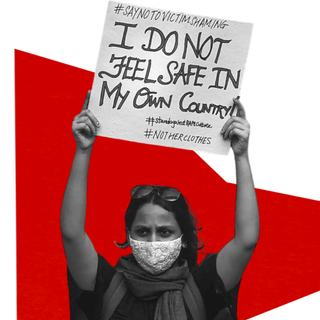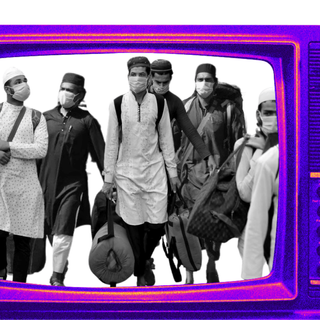The Supreme Court on Monday said that people with physical disabilities have the right to reservation in government job promotions, and not just in recruitment.
The apex court was hearing an appeal by the Kerala government against a Kerala High Court judgment that had ruled in favor of the promotion of a disabled woman, Leesamma Joseph. Joseph, who works as a typist in the Police Department and suffers disabilities as a result of a polio infection, had moved the court seeking reservation for promotions.
The bench, comprising Justices Sanjay Kishan Kaul and R Subhash Reddy, further directed the Kerala government to implement the reservation policy for disabled persons in all posts within 3 months. The bench drew on previous judgments that held that reservations in promotions were valid for people under the Persons with Disabilities (PwD) category.
The issue of reservations in promotions has been contentious under the law ever since a 1992 Supreme Court judgement (known as the Indra Sawhney case) held that reservations are applicable at the time of appointments for government jobs but not for promotions. As of today, several caste groups continue to advocate for legislation allowing reservations for promotions.
However, many court judgments have ruled that the PwD category is an exception in this regard; that is, disabled people are entitled to reservations even in promotions.
Why Disability Activists Argue Against Labels Like ‘Differently Abled’
The Persons with Disabilities (Equal Opportunities, Protection of Rights and Full Participation) Act, 1995, is national legislation that further guarantees equal opportunity and access for people with disabilities and allows reservations in promotions. In 2016, the government replaced the 1995 Act and passed the Rights of Persons with Disabilities Act, which extends the list of disabilities from 7 to 21 to include survivors of acid attacks, people on the autism spectrum, people with blood disorders, and chronic neurological disorders, among others.
In the present case, the Kerala government’s objection to the issue was based on the fact that the petitioner was appointed on “compassionate grounds” after her brother passed away in service and not under the reservation for persons with disabilities. The court responded that such an argument was discriminatory and in violation of the Constitution.
The court further added that “the 1995 Act does not make a distinction between a person who may have entered service on account of disability and a person who may have acquired disability after having entered the service.”
The judgment further cited international norms and conventions, such as the United Nations Convention on the Rights of Persons with Disabilities, which India ratified in 2007.




